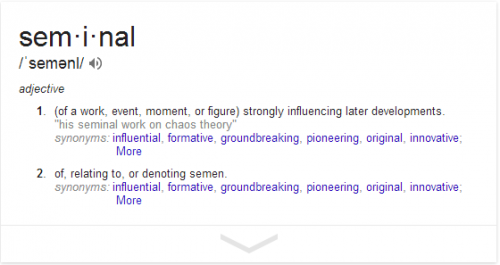
Presider: Jillet Sarah Sam (@JilletSarahSam)
Hashmod: Alice Samson (@theclubinternet)
This is one post in a series of Panel Previews for the upcoming Theorizing the Web conference (#TtW14) in NYC. The panel under review is titled World Wide Web(s): Theorizing the Non-Western Web
Far too often in popular and academic contexts, the Western experience of the Web is taken to be the universal experience. While some of the largest web presences on the globe have their ideological and cultural roots in the United States, there are entire practices, technologies, and services that have never graced an American IP address. This panel isn’t so much about those practices, technologies, and services so much as it is a prerequisite effort at de-centering the West in the Web. As a whole, this panel thoroughly breaks down the deficit model of technological development: and instead shows the iterative, mutually-shaping relationships between nation-states, capital, culture, and networked technologies. David Peter Simon examines how Silicon Valley’s work “possibly subjugates the same people they aim to help” by way of applying a Gramscian analysis to his own work in Nairobi and Kampala. Jason Q. Ng not only reminds us that Wikipedia is not the primary reference site for the entire globe (perhaps not even a majority of it), but that the Western conception of what censorship looks like and how it acts should be similarly contextualized.
The invited presentations by Tolu Odumosu and Dalia Othman both offer glimpses into different social and technical (infra)structures that compose and influence each other and individual users. Odumosu’s focus on the development of Nigerian telecommunications infrastructure demonstrates the historical contingencies that make the Web many Americans are familiar with, and the primarily mobile phone-based web that has taken hold in Nigeria. By learning about the configuration of the Nigerian web, we come to understand just how easily the Western experience could have been radically different. Othman’s work in the Arab Spring is equally attuned to the particularities of geographies and local sociotechnical histories. By studying the ways in which activists use social media to organize and resist, Othman reveals networks’ social topography in a range of countries where civil societies’ relationships to their governments differ. more...


